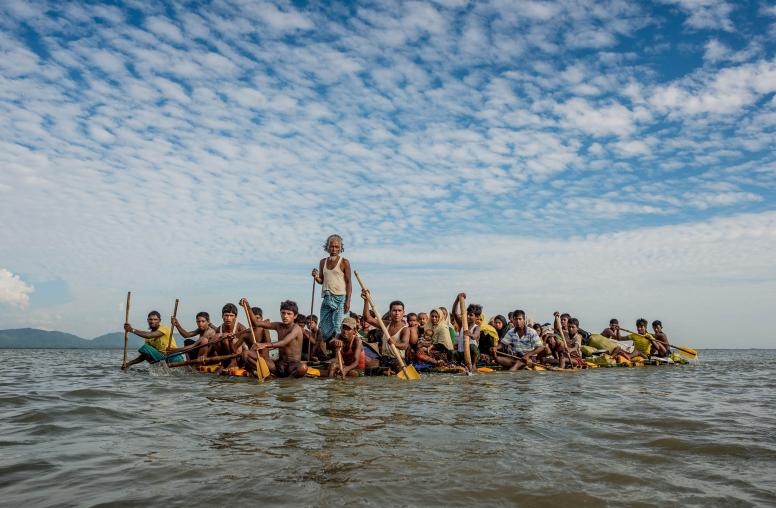Human Rights: The Foundation for Peace
A Bipartisan Congressional Dialogue with Rep. Randy Hultgren (R-IL) and Rep. James P. McGovern (D-MA)
Read the event coverageAs Co-Chairs of the Tom Lantos Human Rights Commission, Rep. Randy Hultgren (R-IL) and Rep. James P. McGovern (D-MA) play a leading role in advancing international human rights in Congress. The two Members of Congress drew on their experiences promoting human rights in authoritarian and violent, conflict-affected countries at USIP’s Inaugural Bipartisan Congressional Dialogue on March 20, 2018. At this event, they discussed their shared approach to addressing the ethnic cleansing of Rohingya in Burma, the destructive Syrian armed conflict, and the plight of ethnic and religious minorities throughout the Middle East and in Asia. Rep. Hultgren and Rep. McGovern spoke about their joint efforts to incorporate human rights into U.S. policies with the aim of fostering international stability and peace.
Established as a bipartisan commission in 2008 by unanimous consent of the U.S. House of Representatives, the Tom Lantos Human Rights Commission leads congressional initiatives to promote, defend and advocate for international human rights as enshrined in the Universal Declaration of Human Rights and other human rights instruments. As Co-Chairs, Rep. Hultgren and Rep. McGovern have led dozens of hearings and briefings during the 115th Congress on human rights issues around the world in countries and regions vital to U.S. foreign policy and national security interests.
Review the conversation on Twitter with the hashtag #BipartisanUSIP.
Panelists
Rep. Randy Hultgren (R-IL)
14th Congressional District of Illinois, U.S. House of Representatives
Rep. James P. McGovern (D-MA)
2nd Congressional District of Massachusetts, U.S. House of Representatives
Nancy Lindborg, Moderator
President, U.S. Institute of Peace



